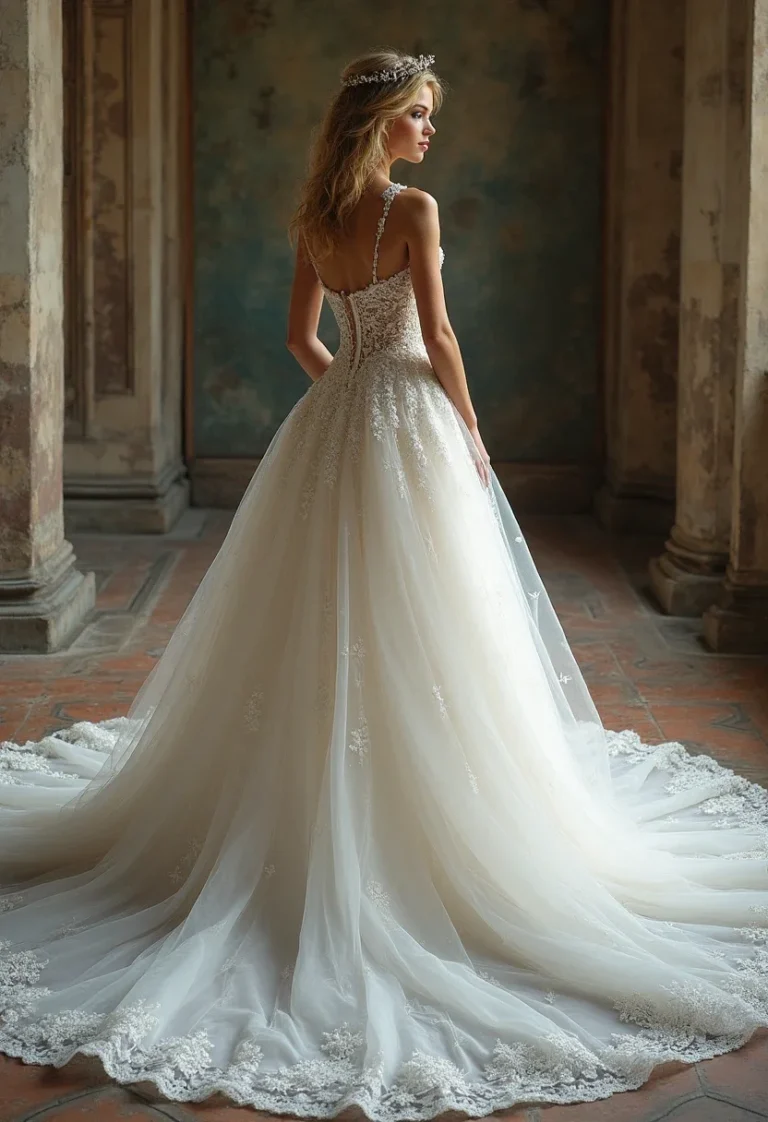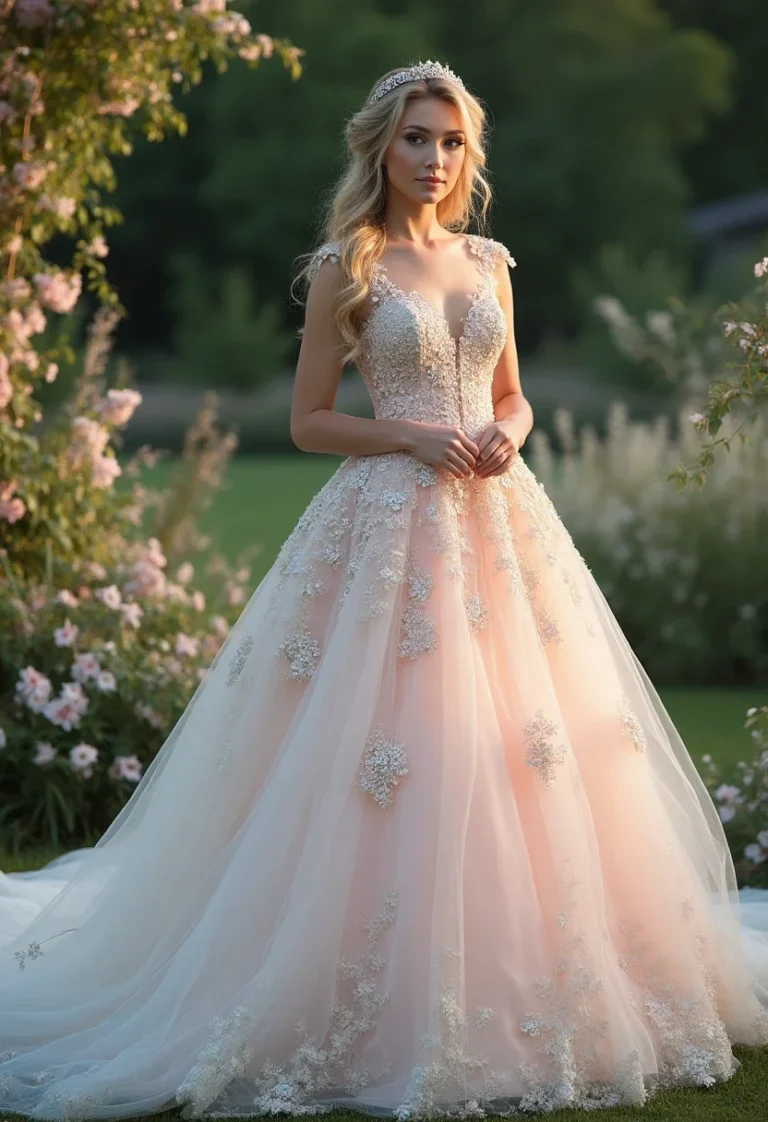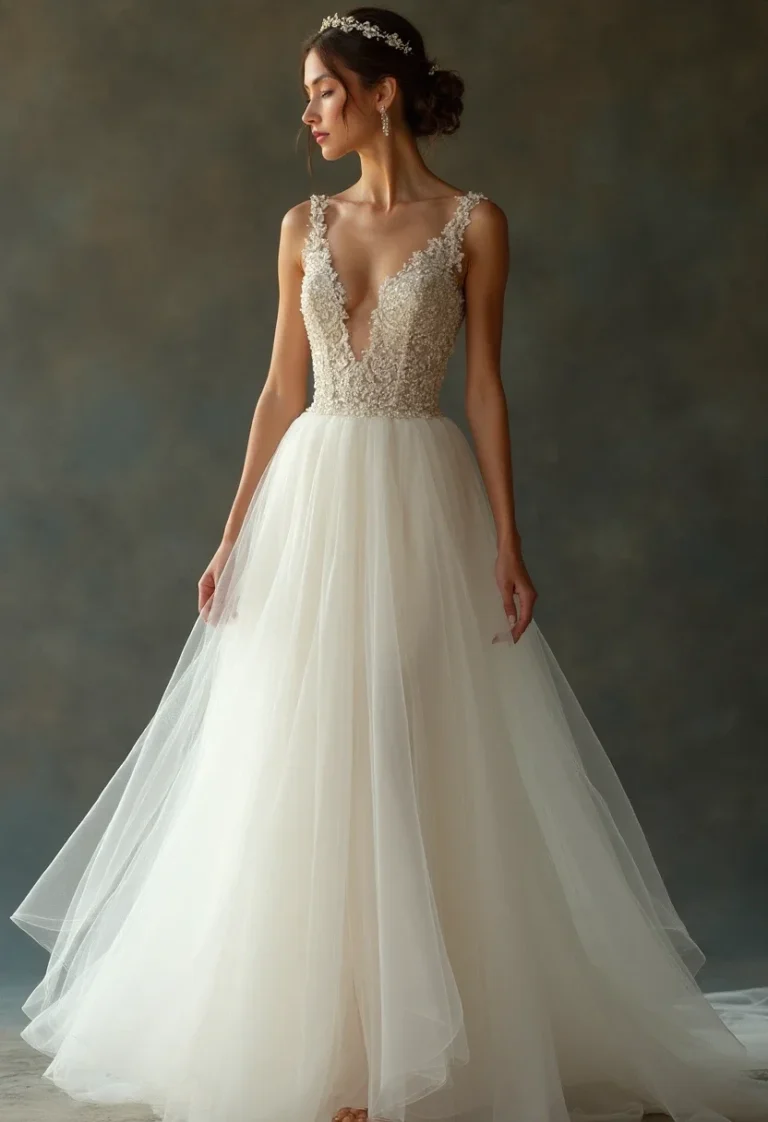Who Traditionally Pays for the Bridal Shower
Introduction
The bridal shower is a cherished occasion that celebrates the bride-to-be, gathering friends and family to honor her upcoming marriage. Traditionally, this event is marked by heartfelt gifts, games, and shared memories. Understanding who is responsible for the costs associated with this event can help navigate the planning process and adhere to social expectations.
Traditionally, the question of who pays for the bridal shower has varied significantly based on cultural norms and personal circumstances. This article explores the traditional customs surrounding bridal shower expenses, offering insights into who typically covers the costs and discussing the evolving practices in modern celebrations.
Definitions
Before diving into the details, it is essential to define key terms related to bridal showers. A bridal shower is a pre-wedding gathering where guests present gifts to the bride, typically hosted several weeks before the wedding. The event serves both as a celebration and a means to help the couple start their new life together.
Another important term is the host, who is responsible for organizing and financing the event. The host can be anyone, but it is often a close friend or family member of the bride. Understanding these definitions lays the groundwork for discussing traditions surrounding payment responsibilities.
Key Concepts
Traditionally, the bridal shower is hosted by the bridesmaids or a close friend, with the expectation that they will cover the costs associated with the event. This practice stems from the idea of supporting the bride and ensuring a memorable experience. In many cases, the host may receive contributions from other attendees, especially if the celebration is more elaborate.
Another key concept is the guest list, which can influence the overall cost of the bridal shower. A larger guest list may require a more significant budget for catering, decorations, and venue rental. Additionally, the type of shower—whether intimate or extravagant—can affect who pays and how expenses are shared.
Understanding these concepts helps clarify the customs surrounding bridal showers, setting the stage for further exploration of who traditionally pays for the event.
Examples of Who Pays
In many traditional scenarios, the bridesmaids take the lead as hosts, covering most expenses related to the bridal shower. This arrangement allows them to express their love and support for the bride while ensuring the event reflects her personality and preferences. In some cases, other family members, such as the mother of the bride, may also contribute to the costs.
However, it’s not uncommon for the bride’s family to assist financially, especially if they desire a specific theme or location for the shower. Alternatively, a group of friends might collaborate to pool resources, making it a more affordable endeavor for everyone involved.
Ultimately, the decision on who pays can vary based on individual circumstances, cultural background, and the relationships involved. Open communication among the parties can help clarify expectations and prevent misunderstandings.
Pros and Cons of Traditional Payment
One of the primary advantages of the traditional payment model is that it allows the bride to enjoy her shower without worrying about the financial burden. This approach fosters a spirit of generosity and support among friends and family. Additionally, when bridesmaids or close friends take charge, they can curate an event that truly resonates with the bride’s tastes and preferences.
On the other hand, the traditional payment structure can lead to stress for the hosts, especially if they are uncertain about how to manage costs or if the guest list expands unexpectedly. Financial strain may occur if hosts feel obligated to create a lavish event that exceeds their budget. This pressure can detract from the joy of the occasion.
Moreover, there may be expectations around the level of extravagance, which may not align with everyone’s financial situation. Balancing tradition with practicality is essential to ensure a successful bridal shower.
Case Study: Modern Bridal Showers
Modern bridal showers have evolved significantly, reflecting contemporary values and preferences. Many couples now opt for co-ed celebrations, where both friends and family gather to share in the festivities. This shift often influences payment dynamics, as the couple may choose to share costs or split responsibilities among a larger group.
For instance, a couple might host a casual picnic-style shower, where guests contribute dishes or drinks instead of the traditional catered meal. This approach not only makes the event more budget-friendly but also fosters a sense of community and participation among attendees. Additionally, many hosts utilize crowd-funding platforms to receive contributions from guests, alleviating financial pressure.
This case study exemplifies how bridal showers are adapting to meet the needs and desires of modern couples while still honoring traditional roots.
Future Trends in Bridal Showers
As societal norms continue to evolve, bridal showers are likely to see further changes in payment responsibilities. Increasingly, couples are taking a more active role in planning and financing their showers, reflecting a shift towards shared experiences. This trend may lead to more inclusive events that focus on collaboration rather than traditional gender roles.
Additionally, the rise of virtual celebrations has made it easier for friends and family from afar to participate, potentially altering who bears the financial responsibility. As these trends develop, they will shape the future of bridal showers in exciting ways.
Conclusion
In conclusion, the question of who traditionally pays for the bridal shower varies widely based on customs, relationships, and the preferences of those involved. While traditional practices often see bridesmaids and close friends taking on financial responsibilities, modern trends indicate a shift towards shared costs and collaboration. Understanding these dynamics can help ensure that the bridal shower remains a joyful and memorable occasion for everyone.







